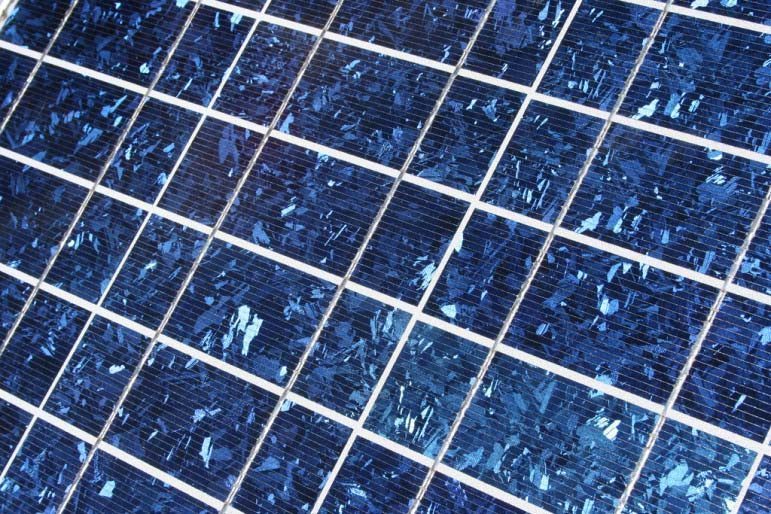
In an effort to increase energy efficiency, Qatar Rail has announced that the nation’s upcoming public transportation system will integrate solar technology into its network.
On Wednesday, the company signed an agreement with Qatar Solar Technologies (QSTec), pledging to embed some 80 megawatts worth of solar technology in the upcoming Doha Metro, Lusail light rail transit system and a long distance passenger and freight rail that is supposed to connect Qatar with Bahrain and Saudi Arabia.
QSTec is currently building a 150 Megawatt solar module manufacturing facility and a 8,000 metric ton polysilicon manufacturing plant in Qatar.
Next step
The first phase of the deal involves looking at feasible ways to embed solar technology within the existing design plans.
The companies will look at putting up massive ground and rooftop-mounted solar photovoltaic installations atop a rail depot facility near the newly opened Hamad International Airport.
No timeline was specified for the endeavor, and it is unclear if the technology would be installed before parts of the Lusail light rail opens in 2018 and the Doha Metro partly opens to passenger traffic in 2019.
In a statement, Abdullah bin Abdulaziz Turki al-Subaie, Managing Director and Chairman of the Executive Committee of Qatar Rail, said:
“Solar energy development is one of the main green aspects of our project. Our strategic partnership with QSTec helps us improve the ecofriendly feature of the rail network adopting “Green Building” regulations, which consist of efficiently using energy and water, with reducing waste and environmental degradation.”
Solar focus
Qatar has been making a big solar energy push in recent months. In December, Minister of Energy and Industry Affairs Mohammed bin Saleh Al Sada pledged that 2 percent of the country’s energy would come from renewable sources by 2020.
The country is also aiming to generate 200MW of solar energy over the next six years, which would provide enough energy to power up to 66,000 homes a year.
Qatar Foundation, the country’s largest single producer of solar energy, is helping with that with plans to increase its output some 150 percent (by an additional 5MW) over the next few years.
And last month, Qatar Solar Energy unveiled what it described as a “first-of-its-kind” solar panel factory in the country.
That facility is striving to become the largest power producer in the region, with an ability to generate up to 300MW of energy a year – enough power for up to 100,000 homes annually.
Thoughts?







